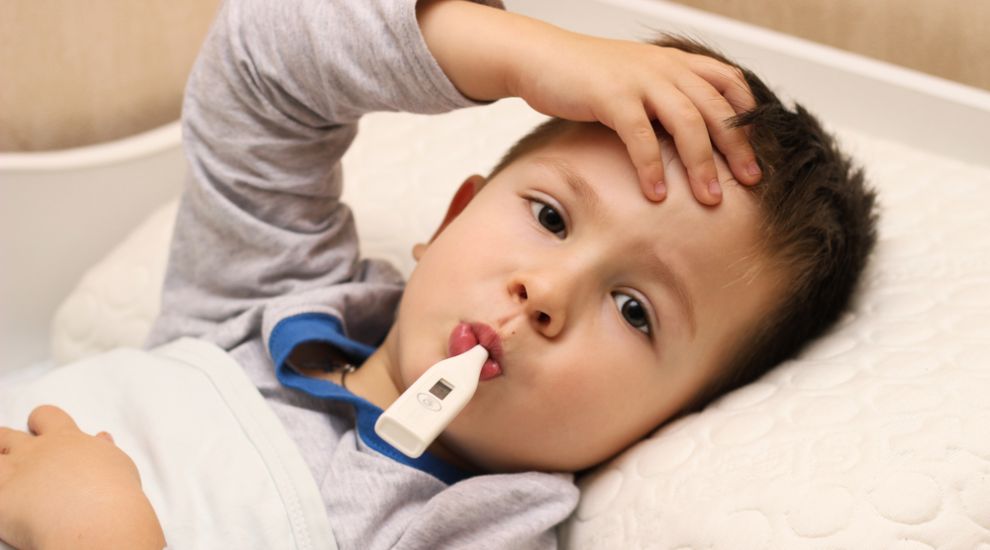


Strep A cases are on the rise nationally and Bailiwick parents and doctors are being urged to be alert to the symptoms of infection.
The UK Health Security Agency note that cases are higher than usual for this time of year. Several young children have died in the UK due to severe infections of invasive Group A strep (iGAS), which occurs when the bacteria enters the bloodstream.
But the outbreak is currently not perceived to be any different from a typical high season of infections.
Scarlet fever is also caused by Strep A, which also causes other respiratory and skin infections such as strep throat. Symptoms are usually mild, but it is a highly infectious disease.
However, cases in the Bailiwick are said to be stable “with no significant increase so far this year”. No cases of iGAS have been found in individuals aged 18 and under to date, according to the Committee for Health & Social Care.
Alex Hawkins-Drew, Associate Director of Public Health Guernsey, says it’s “important that parents and carers are aware of the signs and symptoms of iGAS and where to obtain help.
“As a parent, if you feel that your child seems seriously unwell, you should trust your own judgement.”

Pictured: Starting antibiotics early can help prevent more serious complications.
Contact your GP if you suspect your child has scarlet fever, because early treatment of scarlet fever with antibiotics is important to reduce the risk of complications such as pneumonia or a bloodstream infection.
If your child has scarlet fever, keep them at home until at least 24 hours after the start of antibiotic treatment to avoid spreading the infection to others.
Also contact your surgery if they:
Call 999 or go to the Emergency Department if they:

Pictured: Take your child to the Princess Elizabeth Hospital if experiencing some of the more extreme symptoms.
Mr Hawkins-Drew added: “There are lots of viruses that cause sore throats, colds and coughs circulating. These should resolve without medical intervention. However, children can on occasion develop a bacterial infection on top of a virus and that can make them more unwell.
“I understand that parents must be very anxious but Strep A is something that we have all dealt with and I want to reassure parents that GPs, Emergency Department, and the paediatric department will be extra vigilant."
Comments
Comments on this story express the views of the commentator only, not Bailiwick Publishing. We are unable to guarantee the accuracy of any of those comments.